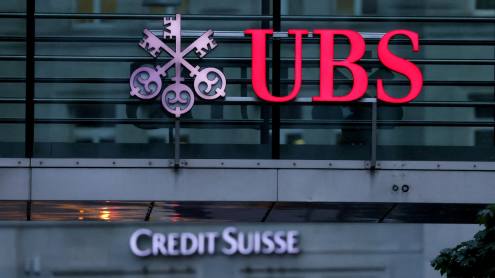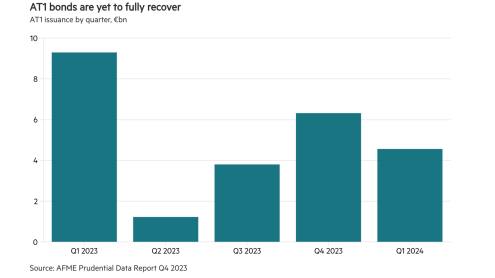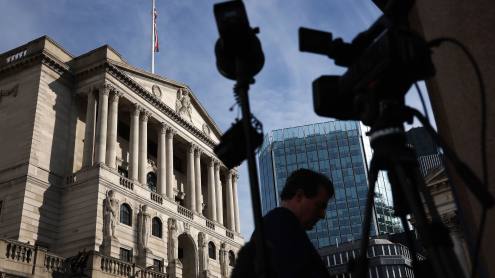The failed Deutsche Börse bid for the London Stock Exchange (LSE) may have made the Börse’s CEO Werner Seifert weep but at least it gave pundits and financial markets analysts an object lesson in just about everything.
It neatly illustrated the weaknesses of a one-trick-pony business model for exchanges. The LSE may be the biggest and most profitable standalone stock exchange in Europe, but this offered little bargaining power against a bigger, more diversified rival. Had the Börse’s investors been more sympathetic to the idea, the German exchange’s clout would have sealed the deal.
Unique nature
That said, the bid also highlighted the unique nature of what are still “national” stock exchanges. Although they may have been demutualised to create more efficient organisations, they cannot simply be bought or sold like any other corporate. Users, regulators, governments and fair trading organisations must all be taken into account.
The bidding process exposed the cracks in German corporate governance, particularly its two-tier system in which a supervisory board “represents” shareholders and where shareholder views do not have to be directly canvassed. This generated considerable ire on the part of its largest shareholders.
Equally, the fact that the bid was brought down by the agitation of non-German hedge funds shows that international investors, at least, will not countenance this sort of disregard. This could signal the end of Germany’s passive shareholder culture.
The frustration of Mr Seifert’s ambitions is a powerful example of the strength of hedge funds in the corporate value chain: only two rebel shareholders, TCI and Atticus Capital, were needed to encourage others to join them and scupper the bid.
The investors may yet sound the death knell for the supervisory board, particularly Rolf Breuer, who is also chairman of Deutsche Bank’s supervisory board. They may also bring down Mr Seifert, which may seem a tad unfair as he has steered the Börse from regional exchange to transatlantic business.
Shareholders with investment horizons of six months or less were able to dictate the long-term strategy of a company, going for money back now rather than long-term gain.
If, further down the line, regulators force Deutsche Börse to sell Clearstream or Eurex’s clearing business – and thereby lose a big slice of group revenues – the exchange could be left much weaker than it is today, with shareholders’ stock reduced in value.
Consolidation concern
The lack of shareholder support for the bid also revealed that many industry participants are undecided whether consolidation should happen at the trading/exchange end of the business or within clearing and settlement. Many believe that Mr Seifert’s empire building would fail to provide as much benefit to the market as would a single clearing and settlement utility.
And for many observers, the affair cast into relief the uncertainties surrounding the structure and operation of demutualised stock exchanges: should they be run for the benefit of shareholders or of the capital markets as a whole? Does a deal that creates value for the equity capital market add value for exchange shareholders? If nothing else, the dance highlighted the dislocation between financial institutions as shareholders and financial institutions as market participants.











